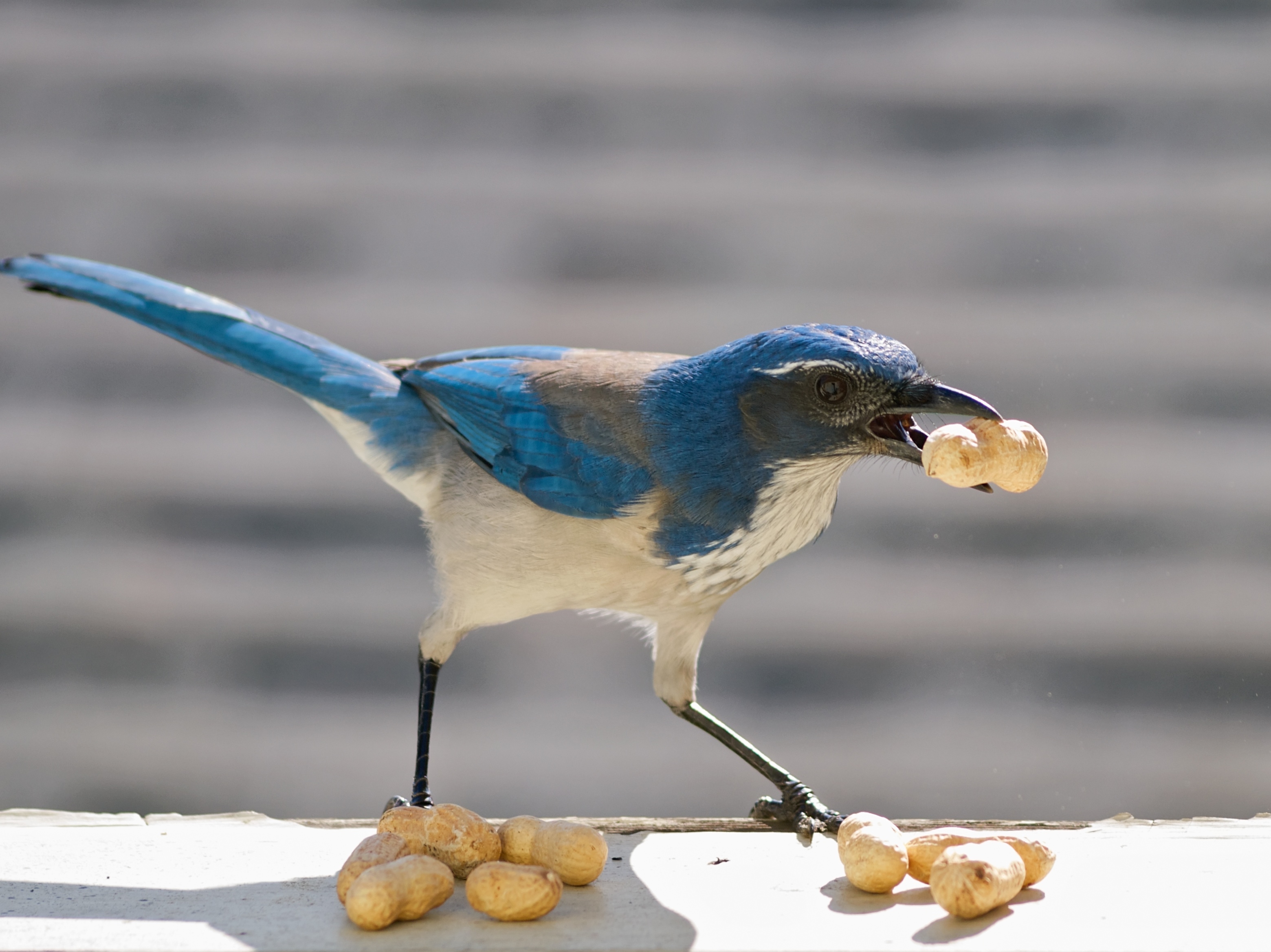Arising from expressions like “bird brain” and “dumb as a dodo,” the opinion that birds are unintelligent animals is a common myth, one that Yale alum Jennifer Ackerman (YC ‘80) seeks to debunk in her new book, The Genius of Birds. Ackerman shares her refreshing insight into the different varieties of bird intelligence. The book features research by experts focusing on social, vocal, and even spatial aspects of cognition. Ackerman explores classic examples of the exceptional intelligence of parrots, as well as lesser known instances of aviary acumen found in less exotic birds such as chickadees and sparrows.

Although her in depth consideration of bird cognition and intelligence could stand on its own, Ackerman goes further and relates bird cognition to human cognition. One instance of this cross-species parallelism highlighted by Ackerman can be found in vocal learning, the way in which an organism learns and subsequently reproduces vocalizations. Young zebra finches have the ability to learn any bird song, but are genetically predisposed to learn their own species’ songs and calls. Similarly, humans possess a genetic predisposition to learning human speech and language at a young age. In both birds and humans, the regions of the brain necessary for speech, or song, production are similarly situation. “I hope that readers will question what intelligence is and realize that the different kinds of intelligence are evolutionary stepping stones for approaching the problems that a variety of organisms face in the natural world,” said Ackerman.
In her discussions of intelligence, Ackerman effectively incorporates concepts from evolutionary biology to explain differences in the emergence of traits among species. Adaptability is key, and towards the end of the book, Ackerman addresses how human-driven environmental changes may be making it more difficult for some bird species to adapt and survive. A particular species of bird may be “intelligent” in some way, but that does not automatically improve their likelihood of survival in novel and unstable environments, creating the potential for extinction.
Accessible to non-birders and birders alike, The Genius of Birds has received great praise from a wide audience. “I knew that birdwatchers were also booklovers, and figured that this book would strike a chord with them, but it has really taken off and struck a chord with many other people too,” said Ackerman. Throughout the book, her explanations of complex studies were understandable and enjoyable, and are sure to continue helping readers see the importance of investigating further the intelligence of birds.

